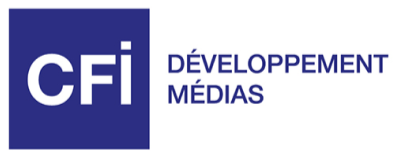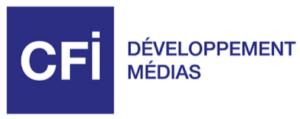Skills to be acquired
- I am able to define what a conspiracy theory is.
- I am able to identify citizen media.
- I know the solutions for combating conspiracy theories.
Learner assessment questionnaire
Q1: What distinguishes citizen media from traditional media?
- A: The topics covered
- B: The presence of professional journalists
- C: The means of disseminating information
- D: The use of humor
Q2: Which of these statements does not define conspiracy theories?
- A: A narrative that depicts groups of people acting behind the scenes.
B: A theoretical discourse that appears coherent and “logical.”
C: A historical and scientific approach based on verified information.
D: A structured set of manipulated hypotheses and arguments.
Q3: Hate speech can be amplified by
- A: misinformation
- B: prejudice and stereotypes
- C: education
- D: fear and rejection of others
Q4: In what forms can citizen media exist?
- A: Television channels
- B: Blogs
- C: Newspapers
- D: Facebook/Twitter groups
Q5: What are the consequences of conspiracy theories?
- A: They generate hate speech.
- B: They trap people in a mindset of mistrust and false beliefs.
- C: They create support for unproven theories.
- D: They expose the truth.
Q6: How can conspiracy theories be effectively combated?
- A: By regulating and limiting hateful content and fake news
- B: By banning social media
- C: By mocking conspiracy theorists
- D: By developing citizens’ critical thinking skills
Q7: What is digital citizenship?
- A: Belonging to a virtual country
- B: The way Internet users behave and interact online
- C: Showing kindness and following best practices on the Internet
- D: An online ID card
Corrected questionnaire
- Q1 : A B C
- Q2 : C
- Q3 : A B D
- Q4 : B D
- Q5 : A B C
- Q6 : A D
- Q7 : B C


